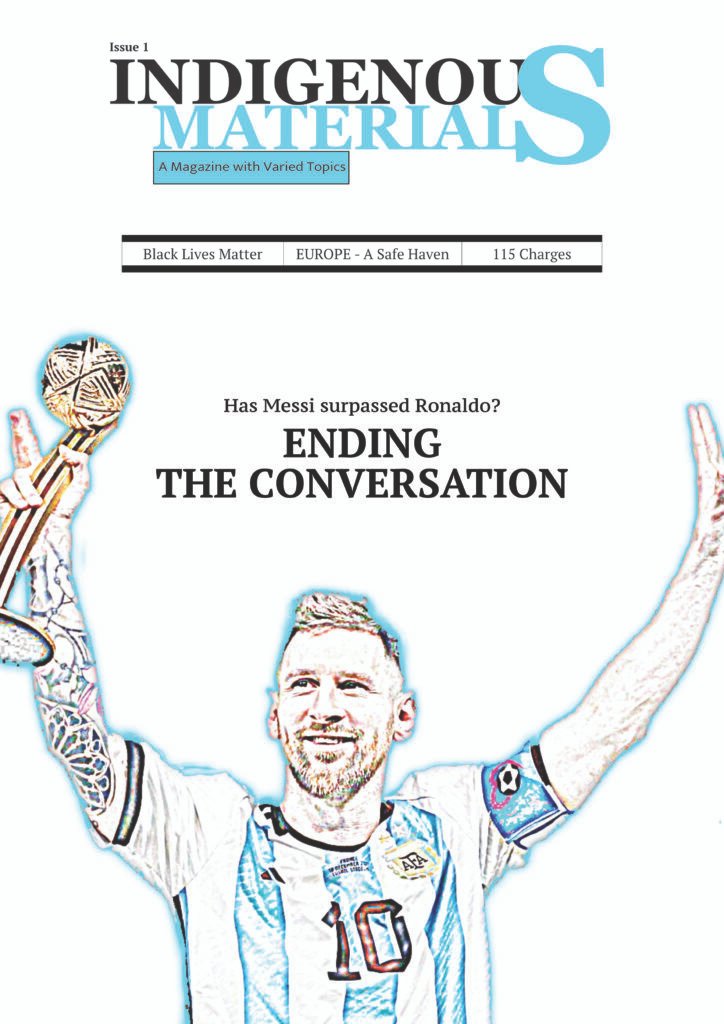Losing energy from the sugar rush and feeling powerless
For many, the hours between lunch and dinner are the most vulnerable. It’s a time when energy dips, concentration wanes, and the lure of a quick bite becomes almost irresistible. But behind that seemingly harmless afternoon snack lies a trap that could derail even the most well-intentioned diet.
Nutritionists and health experts are increasingly warning that afternoon snacking may be one of the most underestimated contributors to weight gain and poor dietary discipline. While the odd nibble may appear innocent, a consistent habit of reaching for crisps, biscuits, or a quick chocolate bar could be undermining your metabolism and fat-burning potential, without you even realising it.
The core issue lies not just in the act of snacking, but in what people tend to choose. Afternoon snacks are rarely balanced or nutrient-rich. Instead, they’re often highly processed, sugar-laden, and packed with simple carbohydrates.
These “convenient” foods offer little in the way of nutritional value, yet deliver a rapid spike in blood sugar followed inevitably by a crash. That crash only leads to more cravings, setting off a cycle of mindless eating that many struggle to break.
When blood sugar rises and insulin is released in response, the body prioritises storing energy, not burning it. Over time, these repeated insulin spikes lead to reduced metabolic efficiency, greater fat retention, and an increased reliance on high-calorie, low-nutrient foods for a quick fix.
A key trait among individuals who successfully maintain a healthy weight is dietary consistency and discipline, something that habitual afternoon snackers often lack. Rather than relying on planned, balanced meals – having a meal plan (or meal prepped), they begin to depend on quick solutions to tide them over.
This behaviour becomes routine, and this signals a deeper breakdown in self-control and discipline, resulting in spikes in fatigue and more sugar-dependent foods.
Snacking is often psychological, not physiological, as people often eat snacks because they’re bored, stressed, or procrastinating, and use snacks as a way of passing time.
This distinction is critical. While our bodies may not need extra calories mid-afternoon, our brains are easily convinced otherwise especially in today’s world of readily available snack food. The vending machine, the office kitchen, and the corner shop offer temptations that are difficult to resist when energy is low and one needs a ‘pick me up’.
Marketers haven’t helped the problem either. Many foods packaged as “healthy snacks” are anything but. Granola bars, rice cakes, and low-fat yoghurts may seem like virtuous choices, but they often come loaded with hidden sugars and artificial additives that do more harm than good.
In essence, the habit of afternoon snacking doesn’t just affect your waistline; it actively works against your body’s natural metabolic processes.
So, how can one avoid falling into the snacking trap? Experts advise focusing on well-balanced meals that are high in protein and fibre, which promote satiety and stable energy levels throughout the day. Staying hydrated, getting sufficient sleep, and managing stress levels also play a crucial role in reducing the urge to snack.
Ultimately, diet success doesn’t hinge on willpower alone, but on making consistent, conscious choices. Afternoon snacking may seem minor in the grand scheme, but the small habits often make or break a healthy lifestyle. We have become accustomed to snacks in the afternoon, but if we simply remove ourselves from this routine, then we will have more energy that can be used for other activities and hobbies.
Many people in a 9-5 routine often complain about not having the energy to go to the gym, but the fact is that people are consuming mid-afternoon snacks that create less energy consumption. We all need to look at ourselves and question what we put in our mouths in the afternoon, especially if individuals want to reduce their fat retention and stay on track with their diet plans.




